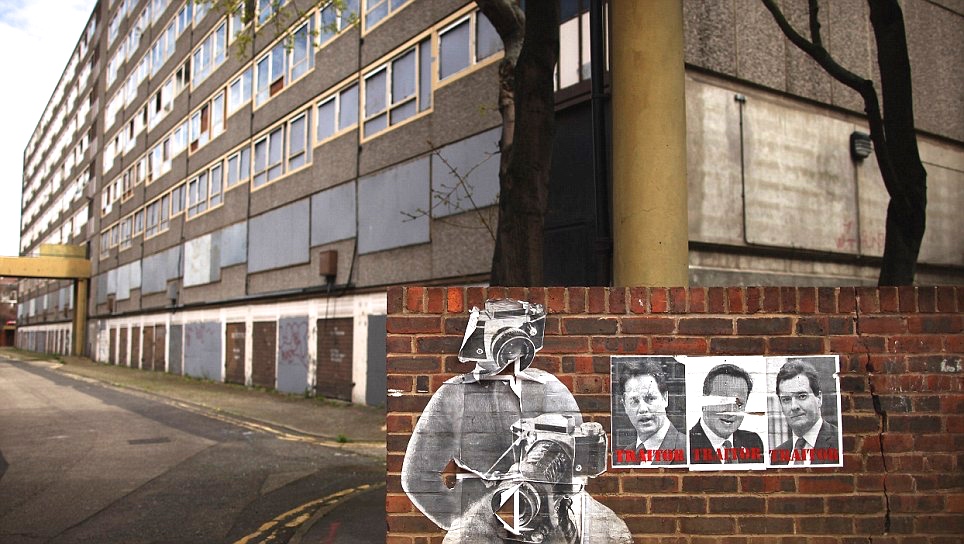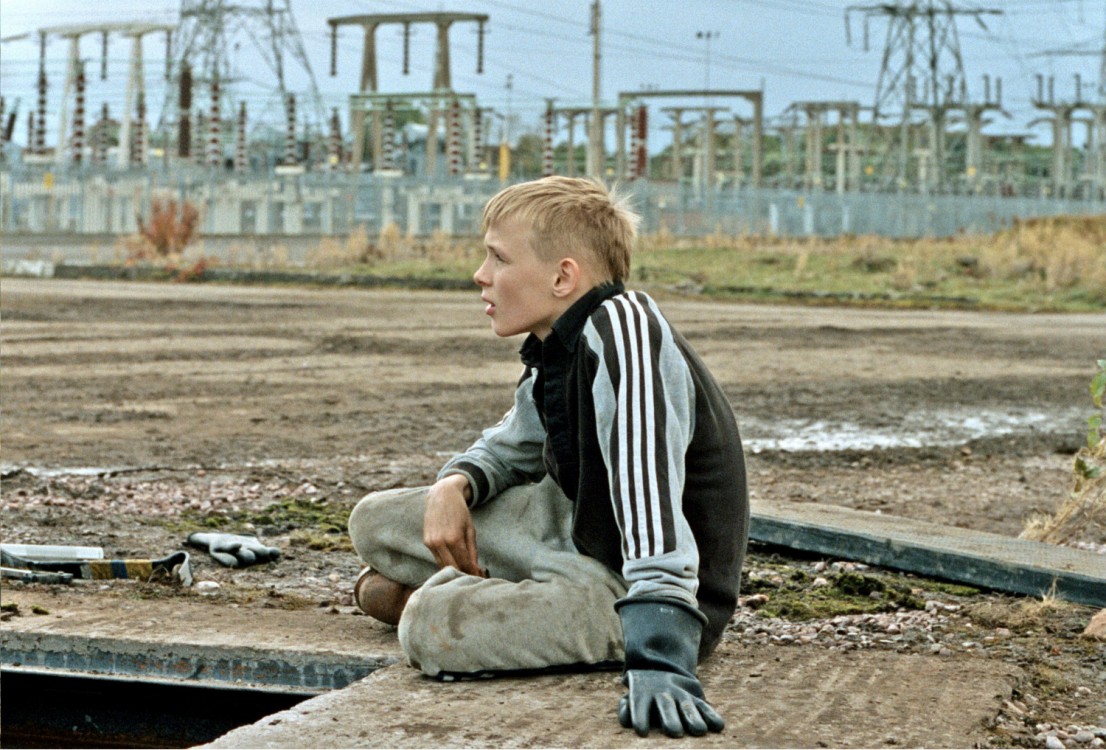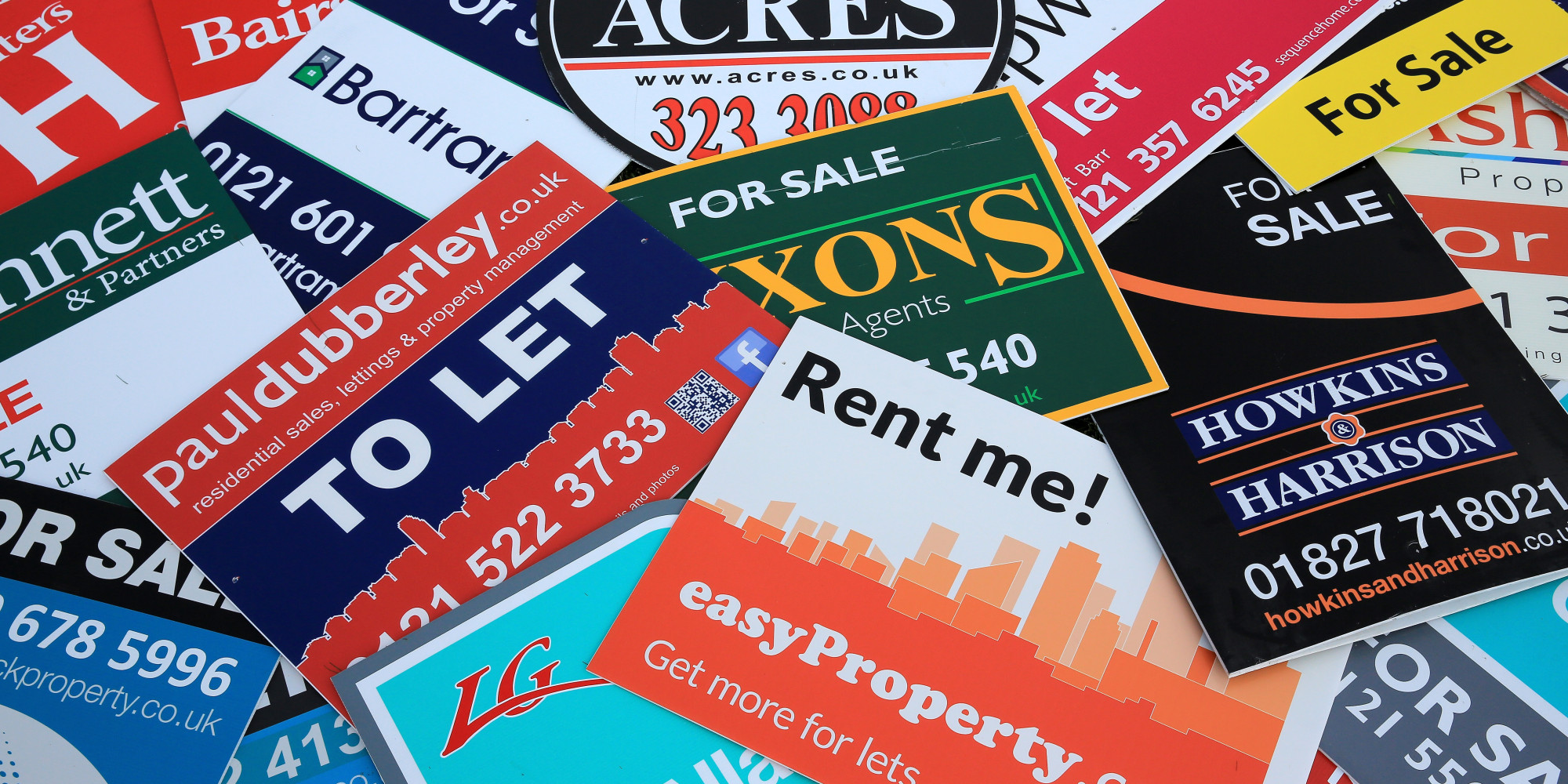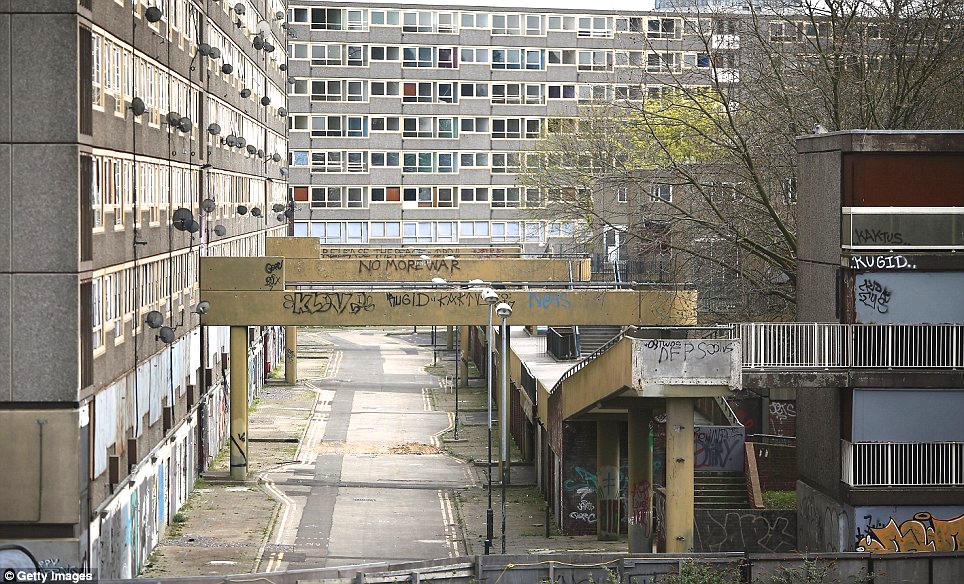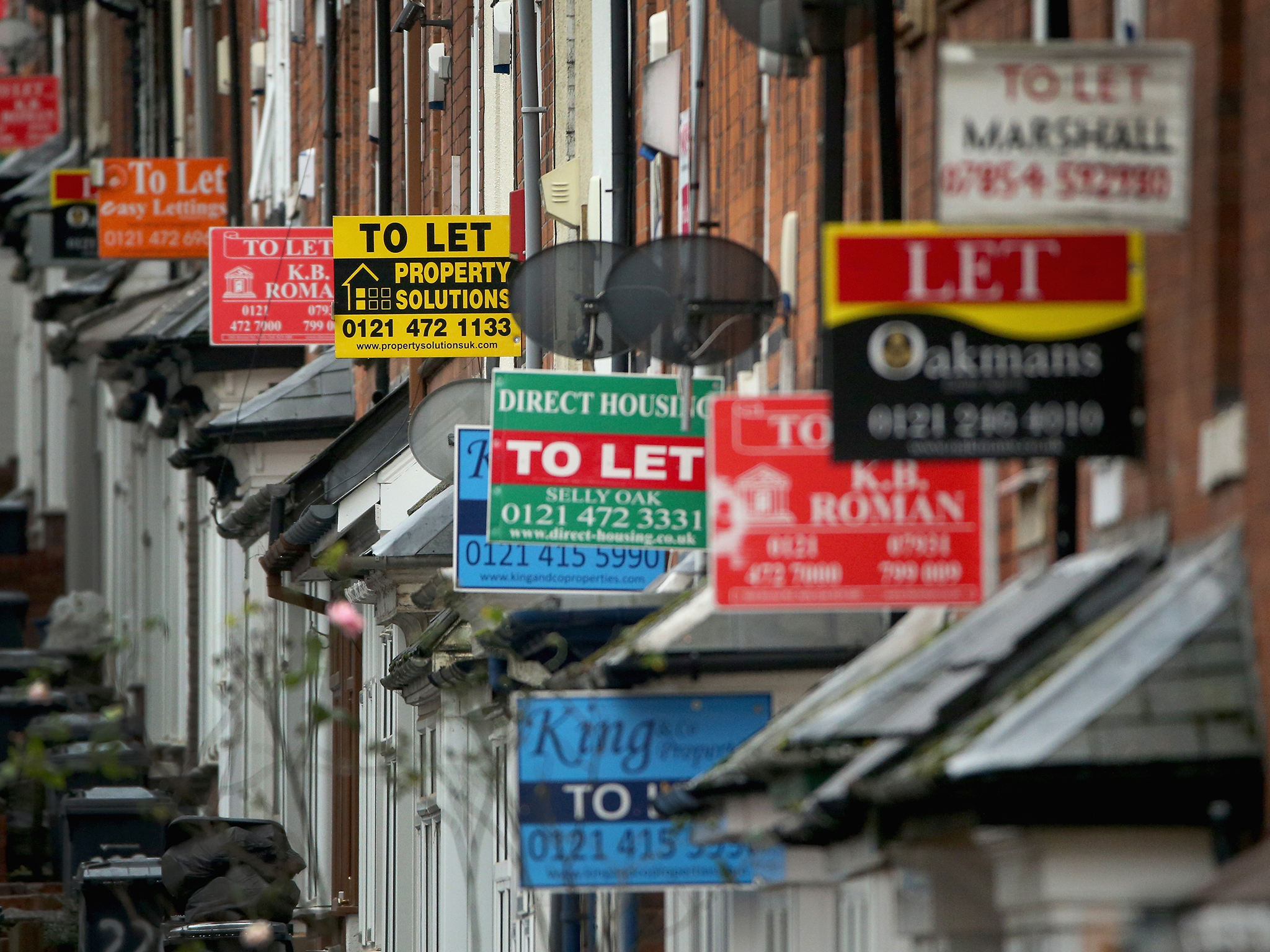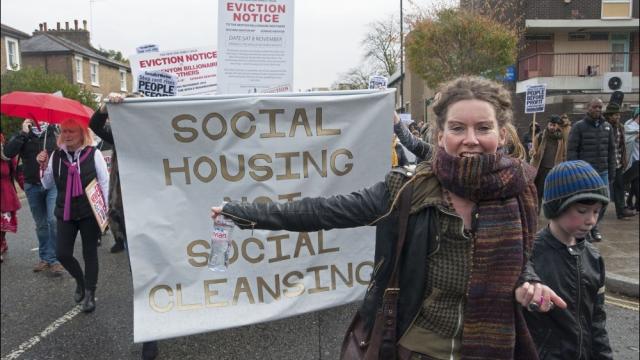
Just down the road from where I live with my parents in Ladywell, South East London, an unwelcome sign of the times now punctures the skyline, as the old Victorian glue factory has been demolished to make way for luxury flats: sleek, characterless pods going for £300,00+. Meanwhile, 15 minutes away in Catford, endless haunted faces come in and out of the nearest Job Centre and lurk on benches in a small park across the road, locked out of the system with nowhere else to go.
On the eve of this week's General Election, there's no doubt about it: The U.K. housing crisis is deepening fast.
Forget the first-time buyers priced out of the market and the 63% home ownership rate, the lowest it has been since 1986. That is but the very small tip of an increasingly chilling iceberg. The coalition government has radically slashed spending on social housing, with 60% cuts implemented since the current regime came to power in 2010 – despite the fact that the U.K.'s precarious economy and shrinking jobs market means the number of people claiming housing benefits has risen by half a million in that time.
The situation has left many who are unemployed or on low wages at the mercy of private landlords, who are at liberty to raise rents with impunity. With not enough new homes being built, and those that are being built being unaffordable to most, many face being placed in temporary accommodation – or even homelessness.
As a 31-year-old living with my parents, I am not unusual in the U.K. At least one in four people between ages 20 and 34 have made, or have been forced into, the decision to live at home because of high rents and an already unreliable benefits system, which the coalition government continues to apply caps and changes to. I'm lucky to have this option. Five years ago I might have been mocked for it, but now more often than not I am either commended for being sensible or told, “Oh, I live at home too.”
I am far luckier, indeed, than people such as Karen, 28, who had nowhere else to go when her landlady evicted her. “The housing benefit rate for under 35s is low and I was relying on a part-time job to make up the shortfall in my rent,” she explains to Occupy.com. When she was made redundant from her job, Karen found herself in rent arrears. Her landlady ordered her out of the property and she had no choice but to go into an unpleasant emergency temporary accommodation, provided by the council, where she did not feel safe.
“I will never forget the smell,” she shudders. “That was what first hit me: the mold. Then the commotion from the communal areas – drug use, shouting. On the first night a woman kept banging on my door threatening to kill me in the morning. I was there for one long, hellish month while I sorted out somewhere nearby that I could actually afford to rent – and where, more importantly, they would take me on without glowing references from my previous landlady. But it felt like forever.”
Karen is well aware that the situation could have been much worse. “There were some evictions while I was there,” she relates. “Young women – some of them very troubled and vulnerable – [were] being thrown out on to the streets. It was easy to get rid of people because you only have very basic rights in temporary accommodation.”
But all this is merely part of a recent acceleration of a problem that has been growing since the 1960s. James Green is head of external affairs and member relations at the National Housing Federation. “For decades we as a country have failed to build enough new homes,” he tells Occupy.com.
“We're building half the number of homes we need every year and if we're going to tackle the housing crisis we need a major increase. One of the challenges we've had around the housing crisis is the fact that we've seen short-term initiatives rather than long-term strategies to end the housing crisis once and for all.”
Last month, the National Housing Federation led a huge rally in Westminster outside the Houses of Parliament. One of the speakers was film director Ken Loach, who made the controversial 1966 BBC film "Cathy Come Home," which charts a woman's decline from a safe and happy home into increasingly more vulnerable accommodation and eventually into homelessness.
“He talked about how his film had created a massive rise in public awareness around the housing crisis,” Green said, "and despaired at the fact that, 40 years on, while we've had lots of schemes in place to try and tackle it, the housing crisis persists. Back in the 40s and 50s we were building lots of homes every year but since then we've just consistently failed to reach the numbers we need.”
With the general election looming on Thursday, Green is adamant that the next government should give housing the attention it deserves. “The National Housing Federation is calling on all the political parties in the U.K. to commit to end the housing crisis and publish longterm plans detailing how they will achieve that," he says.
"Housing really has to become a priority in this country. What is more important than a decent affordable roof above your head? Absolutely nothing.”
3 WAYS TO SHOW YOUR SUPPORT
- Log in to post comments

